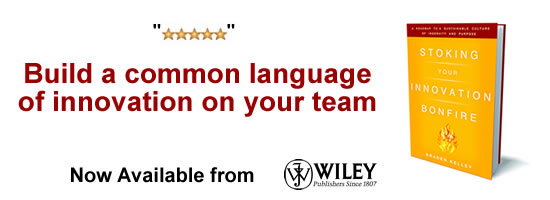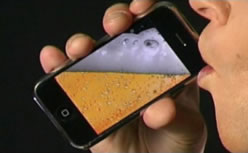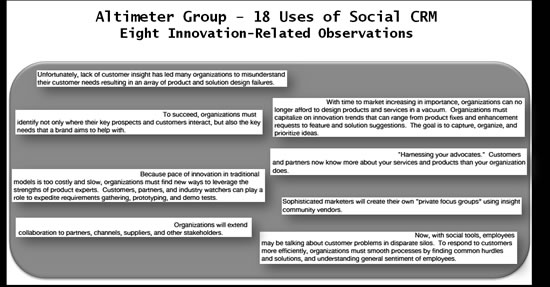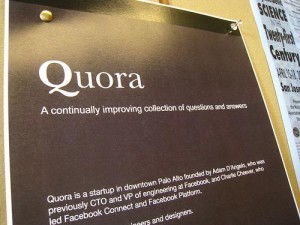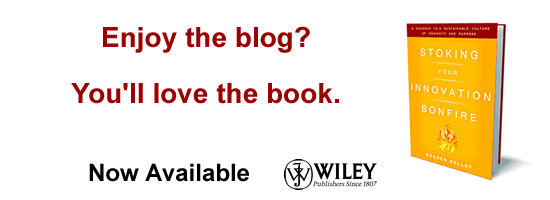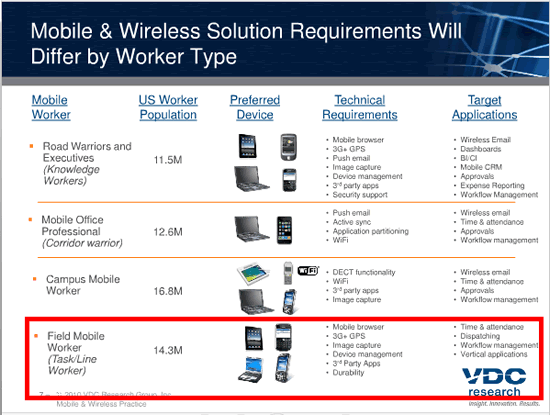Posts by Hutch Carpenter
Four Innovation Insights From Customers
Customers, properly, have been having a renaissance of sorts in terms of business thinking. Peter Drucker famously espoused a very customer-centric business philosophy. Nowadays, social CRM represents the return of a customer-first orientation. Last year, Altimeter published the 18 use cases of social CRM. Included in those use cases were several that relate to innovation.
Read MoreHype Cycle for Emerging Technologies 2011: Idea Management Enlightenment
Well, it’s been a year, and Gartner released its Hype Cycle for Emerging Technologies 2011. First, know that Gartner publishes dozens of individual sector hype cycles. Each one plots the specific technologies and concepts relevant to that field. But the one for Emerging Technologies spans across multiple industries. As Jackie Fenn, vice president and Gartner fellow notes:
Hype Cycle for Emerging Technologies†targets strategic planning, innovation and emerging technology professionals by highlighting a set of technologies that will have broad-ranging impact across the business.
4 Reasons Enterprise Software Should Skip Native Mobile Apps
The desire to “consumerize†mobile apps for their own sake is stoking today’s outsized enthusiasm with device-specific enterprise mobile apps at a time when HTML5 is right there staring us all in the face. Tony Byrne, Enterprise 2.0 B.S. List: Term No. 1 Consumerization The runaway success of the iPhone app store has demonstrated that…
Read MoreInnovation is Highest and Best Use for Social CRM
Social Customer Relationship Management (aka Social CRM). As a term, it’s freighted with connotations. That second term in particular (CRM). CRM systems have a well-worn set of use cases, strengths and weaknesses. So as a starting point for understanding the possibilities of Social CRM, one has to get past the existing uses of CRM. The…
Read MoreInnovation Thrives Between the Lines of Chaos and Control
“Innovation Killer #4: Create an obstacle course for ideas. Guaranteed way to kill the innovative spirit? Model your processes on Kafka’s The Trial or your typical parking clerk’s office.” CIO Magazine, July 24, 2007 On the heels of the SpigitFusion release, I’ve had the opportunity to hear from a number of people on the topic…
Read MoreQuora and Knowledge Management
This question was posted on Quora, “In 10 words or less, what is Quora?†My answer: “Powerful application of crowdsourcing and social networking to knowledge management” Knowledge Management (aka “KMâ€) is a field that I don’t have personal experience in. It’s supposed to be practices, processes and systems where valuable knowledge of workers is collected…
Read MoreFusing Evaluation with Crowdsourcing to Accelerate Innovation
Without an evaluation process, ideas, and innovation programs can fall of a cliff. What makes ideas special relative to other user generated content is that ideas change things. Ideas put in motion a series of conversations and decisions about what the future will look like, and how you’ll achieve it. For organizations, the broadening of…
Read MoreA Model for Employee Innovation
Amazon Prime Case Study by Hutch Carpenter As more organizations expand the innovation mandate throughout their workforce, creating and maintaining an ongoing employee innovation program is critical. Sustainable innovation requires a process, not a haphazard, random luck approach. To that end, a useful model to follow is: The different activities address important aspects of innovation,…
Read MoreUsing Open Innovation to Be Competitively Unpredictable
During a Twitter Q&A organized by open innovation thought leader Stefan Lindegaard, Psion Teklogix CEO John Conoley posted this: How interesting is that? Using open innovation to be “competitively unpredictableâ€. I love that concept. Let’s understand where John is coming from. First, have you heard of Psion Teklogix? They make “rugged mobile computersâ€. Think Blackberry…
Read MoreInnovation Mullet
Simple in Front, Complex in Back by Hutch Carpenter On a LinkedIn discussion, someone asked: “Structured or un-structured innovation. Which works better?†There are a number of ways that could be answered. I look at it this way: What’s the simplest structure you can live with? I’m focusing on the application of simplicity as much…
Read More
